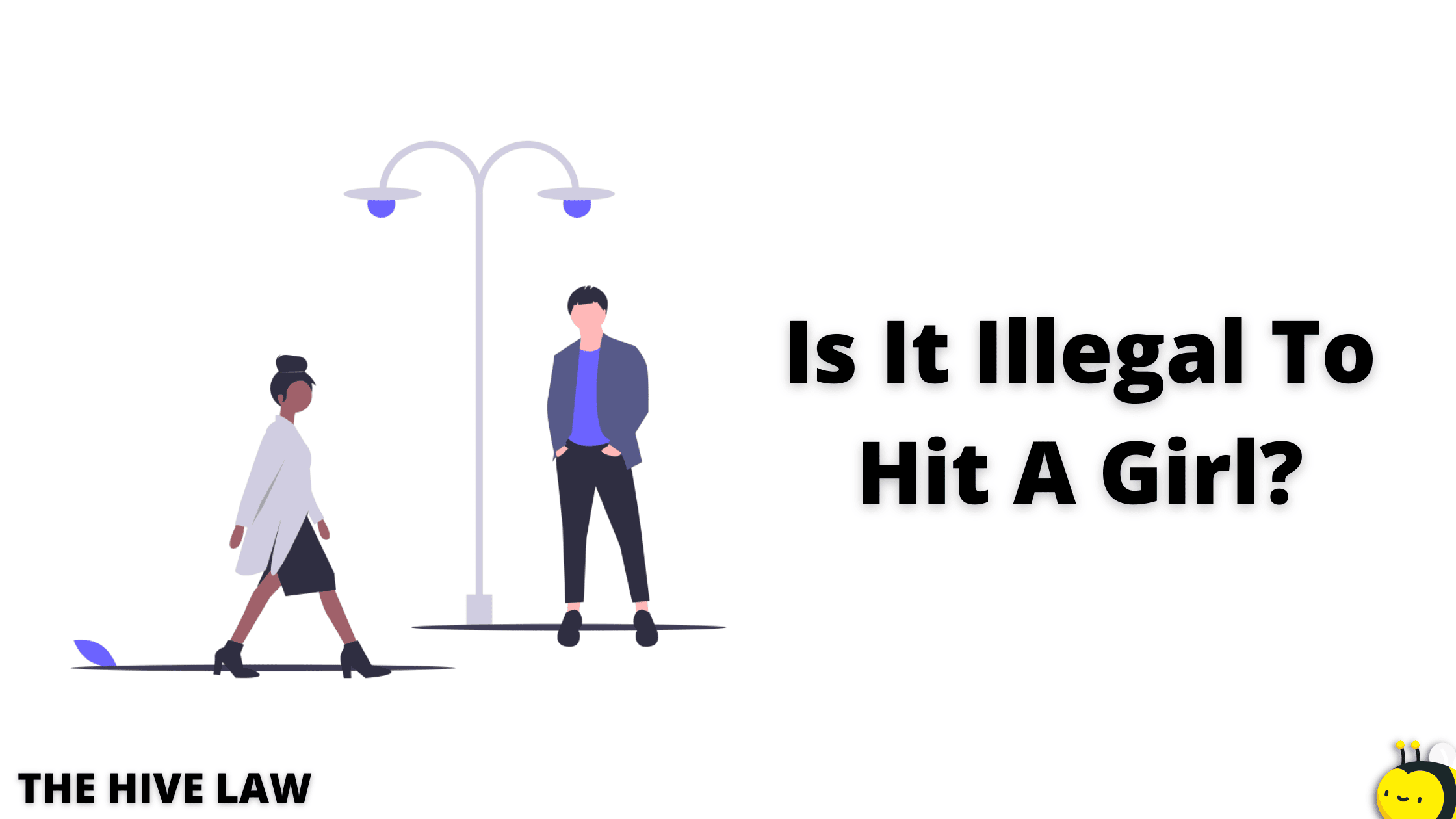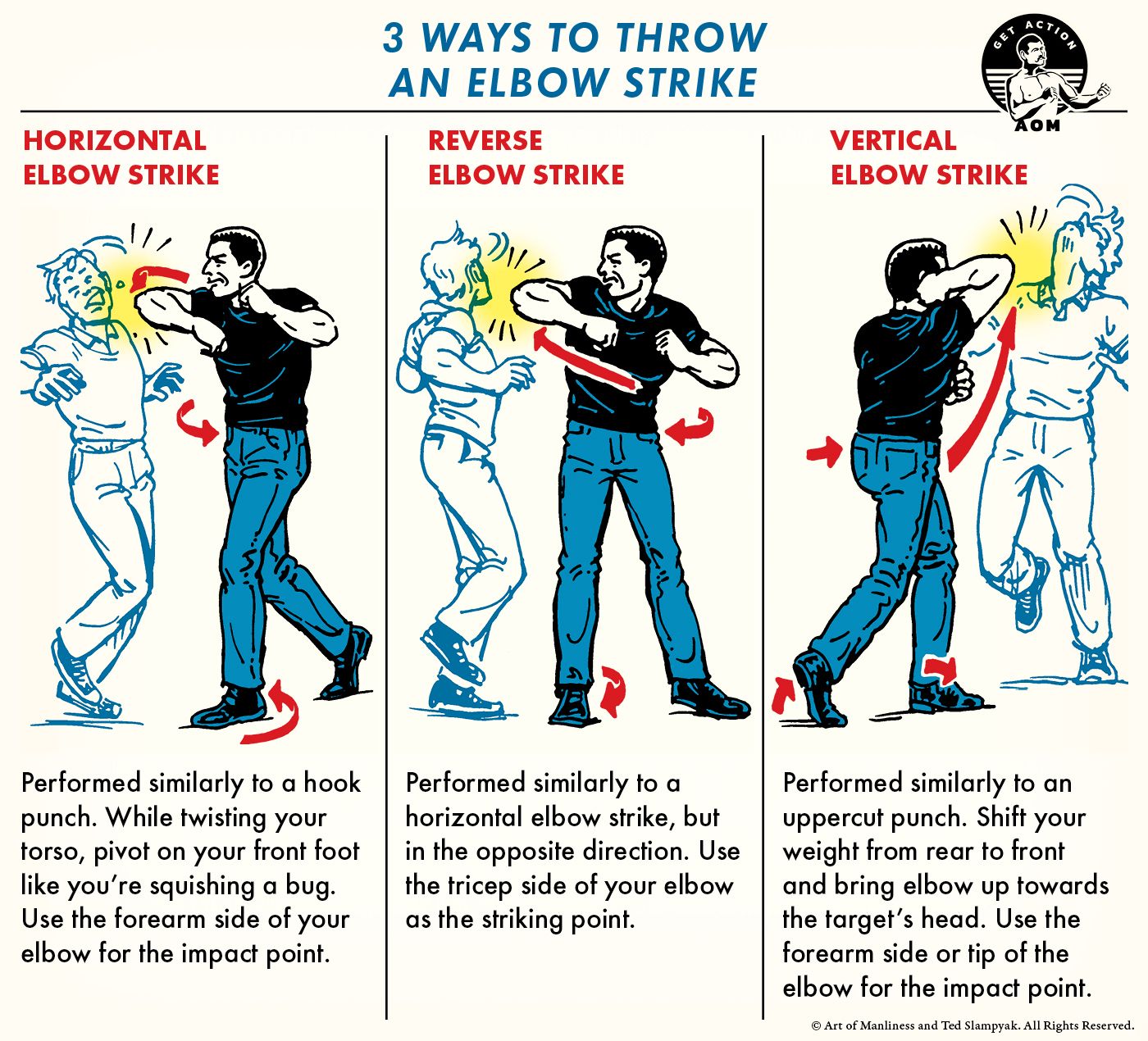Understanding Self-Defense Laws: When is it Legal to Hit a Minor in Self-Defense?

General Principle: The use of force, including hitting, in self-defense is generally permitted under the law to protect oneself or others from imminent harm or threat. However, the legal justification for using force, particularly against a minor, can be complex and requires careful consideration of specific circumstances.

Evaluating the Legality: To determine if hitting a minor in self-defense is legally justified, several factors are taken into account:

Imminent Threat: The threat posed by the minor must be immediate and credible. There should be a reasonable belief that the minor’s actions present an imminent danger of causing bodily harm or death.
Reasonableness of Force: The force used in self-defense must be reasonable and proportionate to the threat posed. Excessive force or disproportionate retaliation can lead to legal consequences.
Age and Capacity of the Minor: The age and mental capacity of the minor are important considerations. The law recognizes that minors may have diminished capacity to understand the consequences of their actions, and therefore, the use of force against them must be carefully evaluated.
Alternative Measures: Before resorting to physical force, the person defending themselves should consider whether there are less harmful alternatives available, such as de-escalation techniques, retreat, or seeking assistance from authorities.
Duty to Retreat: In some jurisdictions, there is a “duty to retreat” before using force in self-defense. This means a person must make a reasonable effort to avoid the use of force, such as by attempting to leave the situation, if it is safe to do so.
Legal Consequences: The legality of hitting a minor in self-defense is ultimately determined by the specific circumstances and the applicable laws in the jurisdiction. If the use of force is deemed unlawful, the person who hit the minor could face criminal charges, such as assault or battery, and may be liable for damages in a civil lawsuit.
Legal Protections for Minors: Minors are afforded certain legal protections due to their age and vulnerability. In many jurisdictions, there are laws that specifically prohibit or restrict the use of physical force against children, even in self-defense situations. Therefore, it is crucial to exercise caution and avoid using force against a minor unless it is absolutely necessary to protect oneself or others from imminent harm.
Seeking Legal Advice: Navigating the legal complexities surrounding self-defense, especially when it involves a minor, can be challenging. It is advisable to seek legal counsel from an experienced attorney if you find yourself in a situation where you need to use force in self-defense against a minor. An attorney can help assess the specific circumstances, review the applicable laws, and provide guidance on the appropriate course of action.






